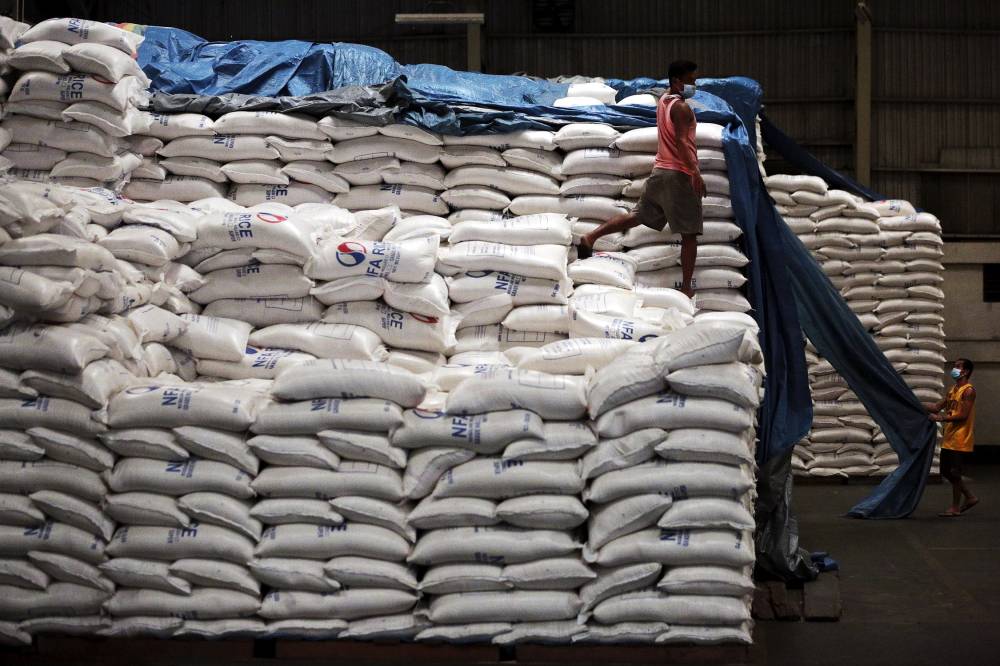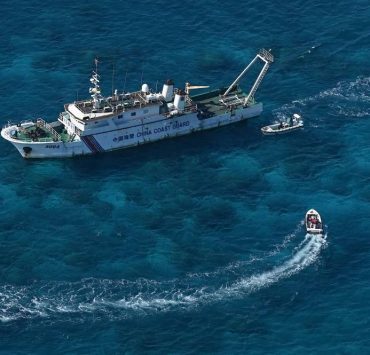House inquiry raises moreissues in NFA rice sale

Angry lawmakers scolded officials of the National Food Authority (NFA) on Thursday after they learned that the agency sold its buffer stock to private traders at P25 a kilo when the market price of the grain was at P70 a kilo.“Why didn’t you sell to the government? Why did you sell to a private corporation?” Deputy Minority Leader and ACT-CIS party list Rep. Erwin Tulfo asked suspended NFA Administrator Roderico Bioco.
Bioco and other officials of the agency were summoned to a motu proprio inquiry of the House committee on agriculture to explain the sale of 75,000 bags of “deteriorating or aging” NFA rice worth P93.75 million to two private rice traders at low prices and without the NFA Council’s approval.
Earlier this week, Bioco and 138 other NFA officials were placed by the Office of the Ombudsman under preventive suspension amid an ongoing investigation into the allegedly anomalous transaction.
“In November [and] December, the House leadership was looking for cheap rice. People were starving because at that time, the price of rice was so high at P70 per kilo, only to find out now that you had cheap rice (at P25 per kilo),” Tulfo said to Bioco.
Tulfo noted that the Department of Social Welfare and Development (DSWD) had even wanted to purchase 100,000 bags of rice from the NFA in August. But Social Welfare Undersecretary Aliah Dimaporo said their request was turned down and the NFA instead authorized them to buy from outside sources at P2,250 per sack compared to its price of P1,250 per sack.
In his defense, Bioco argued that the NFA administrator was authorized to decide on the disposal of rice stocks even without the approval of the NFA Council, adding that the disposal was exempted from public auction.
According to Bioco, before he assumed his post in January 2023, the NFA had been selling rice stocks to private traders, specifically in 2021 and 2022, when sales reached three to four million bags of rice, also without bidding.
Distress selling
He even said the volume of stocks sold to private traders was reduced, mainly due to his “prudence” and it was only in December and January that he authorized “distress selling” to prevent supply wastage.
As for the DSWD request, suspended NFA Assistant Administrator for Operations for operations John Robert Hermano said they could not fill the order because the DSWD needed 845,000 sacks for the One-Time Rice Allowance for government workers.At the time, the NFA only had a “residual volume” of rice that was of “less acceptable quality,” he claimed.
SAGIP party list Rep. Rodante Marcoleta, on the other hand, pointed out that Commission on Audit Circular No. 89-296 only provides five methods for the disposal of government assets—public auction, negotiated sale, barter, transfer to other agencies and destruction—all of which require the NFA Council’s approval.
House agriculture and food panel Chair Quezon Rep. Wilfrido Mark Enverga said that the matter actually involved at least 130,000 bags of rice sold without bidding by the NFA to the government’s disadvantage.
According to Enverga, he was informed that apart from the 75,000 bags of rice reportedly sold to two traders, there were some 55,000 bags sold to other private traders in the Zamboanga peninsula, Davao and Bicol regions and in Central and Western Visayas.
The committee’s vice chair, Albay Rep. Joey Salceda, said the panel should look into the NFA’s financial transactions from 2018 to 2023 and not limit the inquiry to the questionable sale of rice to the private sector early this year. INQ
















